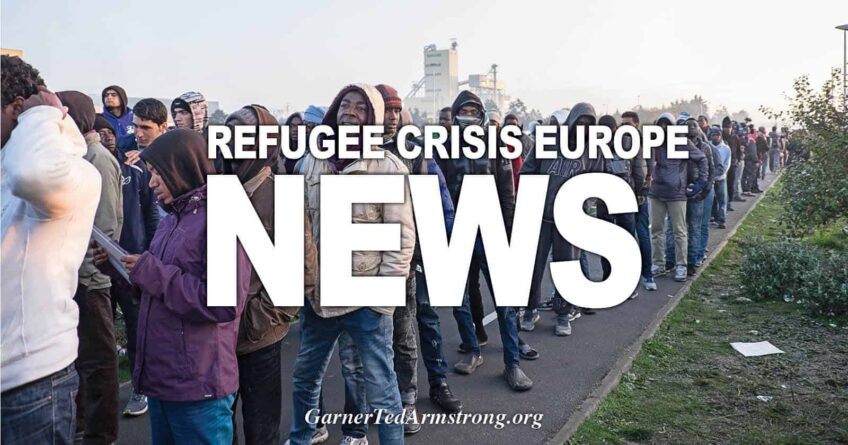The German Interior Ministry has announced it has reached a deal that will allow it to return asylum-seekers to Greece. Chancellor Angela Merkel and Spain’s Pedro Sanchez agreed to a similar compromise last week.
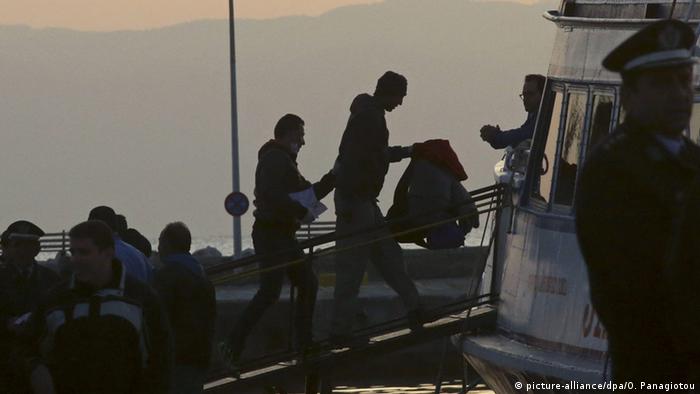
The German Interior Ministry said it had reached an agreement with Greece on Friday that will see it send back certain asylum seekers.
Germany is seeking to strike a number of deals with southern European countries that would allow the federal government to return migrants who have already lodged an asylum request in another country.
What does the German-Greek compromise look like?
- Athens will agree to take back all asylum-seekers who initially applied in Greece but ultimately moved to Germany by passing through the German-Austrian border.
- It remains unclear what Greece will receive in return. However, in a similar deal with Spain, Berlin pledged to help curb the number of migrants crossing the Mediterranean from Morocco.
- The deal is unlikely to affect many refugees. According to the German Interior Ministry, only 150 migrants who applied for asylum elsewhere have entered Germany through Austria since mid-June.
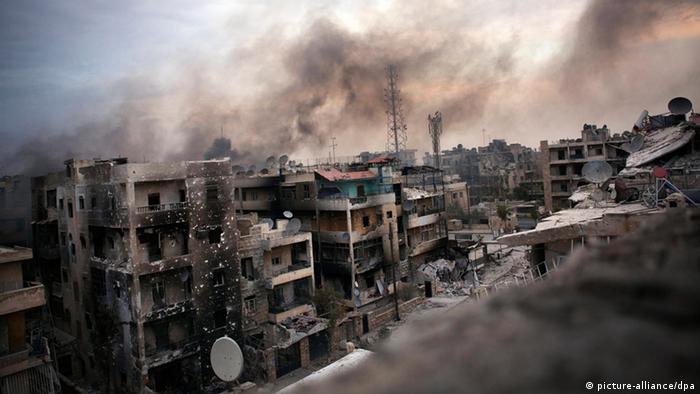
Fleeing war and poverty
In late 2014, with the war in Syria approaching its fourth year and Islamic State making gains in the north of the country, the exodus of Syrians intensified. At the same time, others were fleeing violence and poverty in countries such as Iraq, Afghanistan, Eritrea, Somalia, Niger and Kosovo.
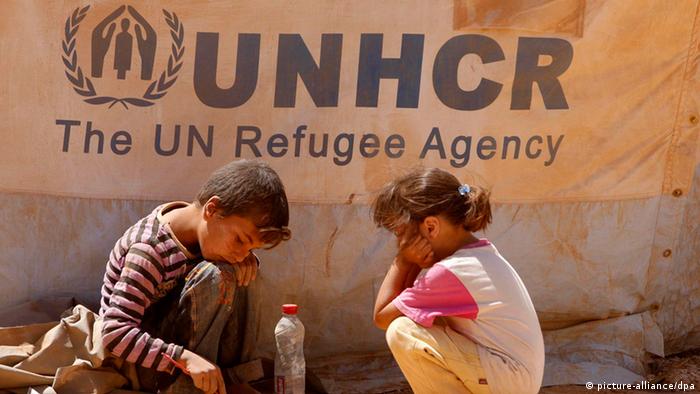
Seeking refuge over the border
Vast numbers of Syrian refugees had been gathering in border-town camps in neighboring Turkey, Lebanon and Jordan since 2011. By 2015, with the camps full to bursting and residents often unable to find work or educate their children, more and more people decided to seek asylum further afield.
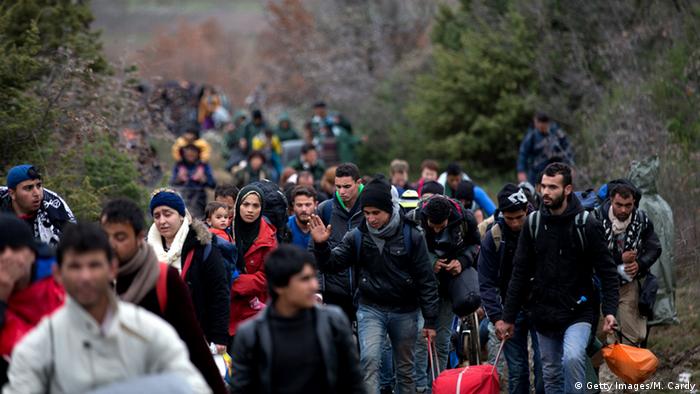
A long journey on foot
In 2015 an estimated 1.5 million people made their way on foot from Greece towards western Europe via the “Balkan route”. The Schengen Agreement, which allows passport-free travel within much of the EU, was called into question as refugees headed towards the wealthier European nations.
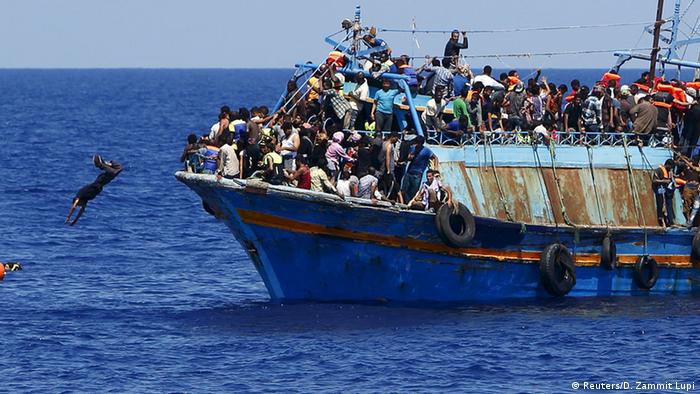
Desperate sea crossings
Tens of thousands of refugees were also attempting the perilous journey across the Mediterranean on overcrowded boats. In April 2015, 800 people of various nationalities drowned when a boat traveling from Libya capsized off the Italian coast. This was to be just one of many similar tragedies – by the end of the year, nearly 4,000 refugees were reported to have died attempting the crossing.
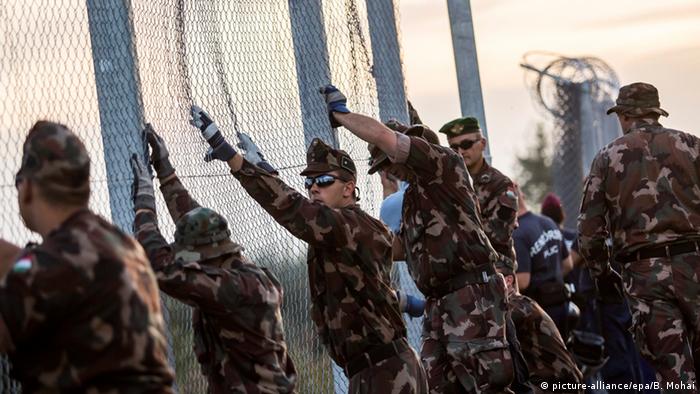
Pressure on the borders
Countries along the EU’s external border struggled to cope with the sheer number of arrivals. Fences were erected in Hungary, Slovenia, Macedonia and Austria. Asylum laws were tightened and several Schengen area countries introduced temporary border controls.
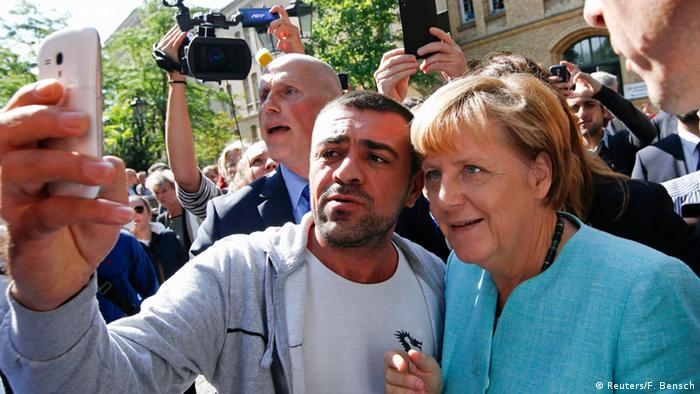
Closing the open door
Critics of German Chancellor Angela Merkel’s “open-door” refugee policy claimed it had made the situation worse by encouraging more people to embark on the dangerous journey to Europe. By September 2016, Germany had also introduced temporary checks on its border with Austria.
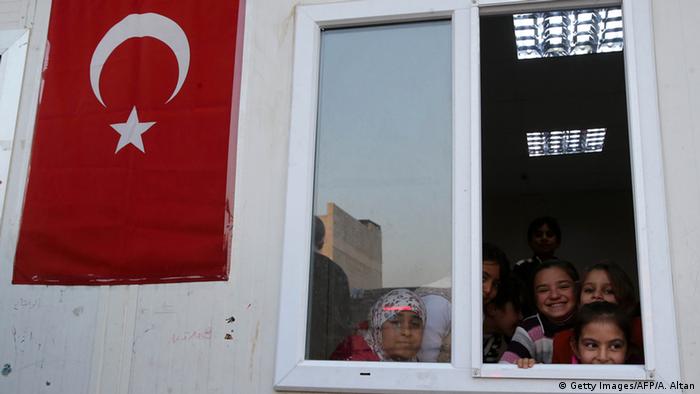
Striking a deal with Turkey
In early 2016, the EU and Turkey signed an agreement under which refugees arriving in Greece could be sent back to Turkey. The deal has been criticized by human rights groups and came under new strain following a vote by the European Parliament in November to freeze talks on Turkey’s potential accession to the EU.
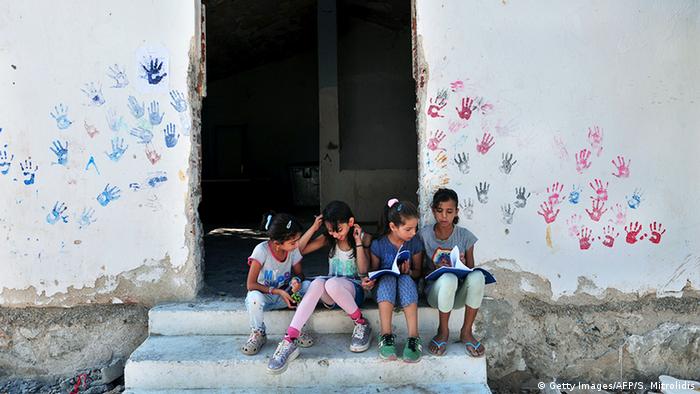
No end in sight
With anti-immigration sentiment in Europe growing, governments are still struggling to reach a consensus on how to handle the continuing refugee crisis. Attempts to introduce quotas for the distribution of refugees among EU member states have largely failed. Conflicts in the Middle East and elsewhere show no signs coming to an end, and the death toll from refugee sea crossings is on the rise.
Remnants of a government crisis: Germany’s spate of bilateral migrant deals with southern European states come in the wake of Chancellor Angela Merkel’s compromise with her interior minister, Horst Seehofer, which ended a week-long disputed that threatened to split the ruling coalition. Seehofer initially threatened to shut Germany’s southern border to halt the flow of migrants into the country before allowing Merkel to attempt to strike her own deals with the Mediterranean states.
Read more: Will Italy’s refugee stance bring down the EU?
Deal with Italy still some way away: Berlin is still seeking to reach a similar compromise with Italy. A spokesperson for the Interior Ministry has said negotiations are well advanced, although Italian Interior Minister Matteo Salvini, who heads the anti-migrant League party, could be unwilling to compromise. Merkel indicated last week she would be willing to travel to Italy to negotiate herself if necessary.
dm/kms (dpa, AFP, KNA)
Source: https://www.dw.com/en/germany-and-greece-seal-migrant-return-deal/a-45116674
[Disclaimer]
